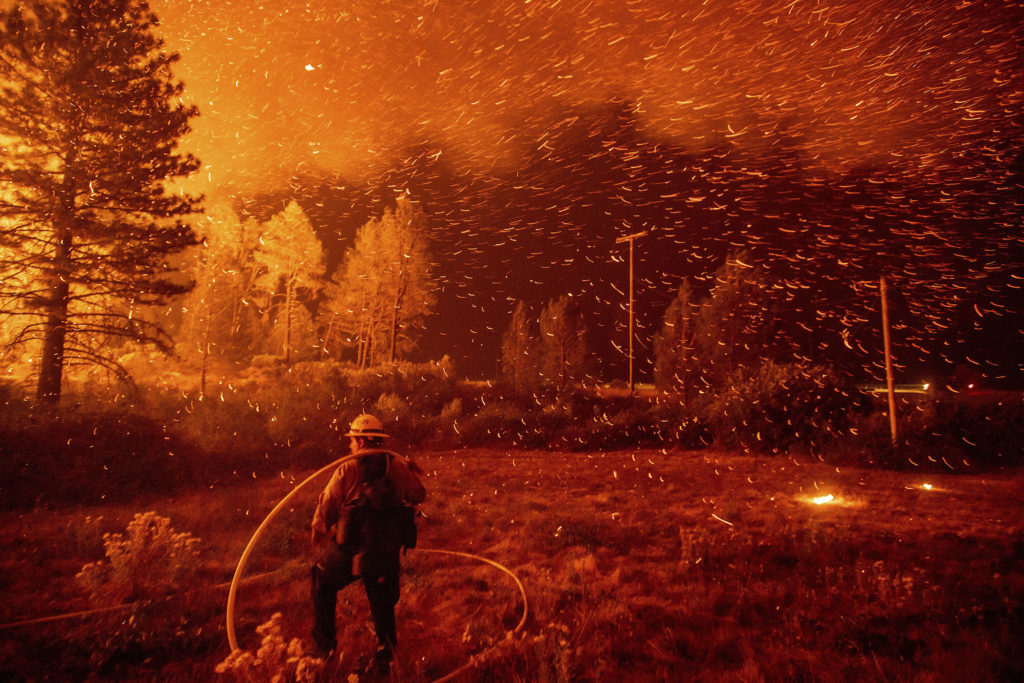Climate Change Erasing Decades of Progress on Air Pollution

More than 125 million Americans will be exposed to unhealthy levels of air pollution by the middle of the century, largely because of increased smoke from wildfires, according to estimates released on Monday.
Yet there are few good ways to protect communities, experts said. The United States has gotten better at coping with other climate perils, like floods, hurricanes and even wildfires themselves. Smoke is different: It’s more challenging to anticipate, to get people to take seriously and to keep out of people’s homes.
“With wildfire smoke in particular, we are not going to adapt our way out of the problem,” said Brian G. Henning, director of the Institute for Climate, Water and the Environment at Gonzaga University in Spokane, Wash. “It’s really hard to address.”
In the 1950s, U.S. air pollution began to steadily improve, largely because of increased regulation, according to the First Street Foundation, the research group that released the report. Then, starting around 2016, the trajectory reversed.
That shift can be seen in the Air Quality Index, which measures the concentration of tiny particles in the air, which can be absorbed through the lungs and into the bloodstream, as well as ozone, another harmful pollutant. For almost a decade, average air-quality readings have been getting worse.
Two main causes explain that shift, according to First Street, both tied to climate change. First, more extreme heat has increased the levels of ozone in the air. Second, and more consequential: An increase in heat and drought has made wildfires worse, causing more smoke to reach more of the United States.
That can bring severe health dangers.
Inhaling the tiny particles in wildfire smoke is associated with strokes, heart disease, respiratory disease, lung cancer and early death, according to Susan Anenberg, director of the Climate and Health Institute at George Washington University. “The higher the pollution level and the longer the duration of exposure,” she said, “the more risk there is.”
Like a lot of us, mostly those in the West, but last year people in eastern Canada, I have lived through wildfire smoke. It is not so unpleasant that it makes one not want to live, or it would if you were in it for long enough. It’s really that awful. Life is terrible. And this is the future for a whole lot of people.


